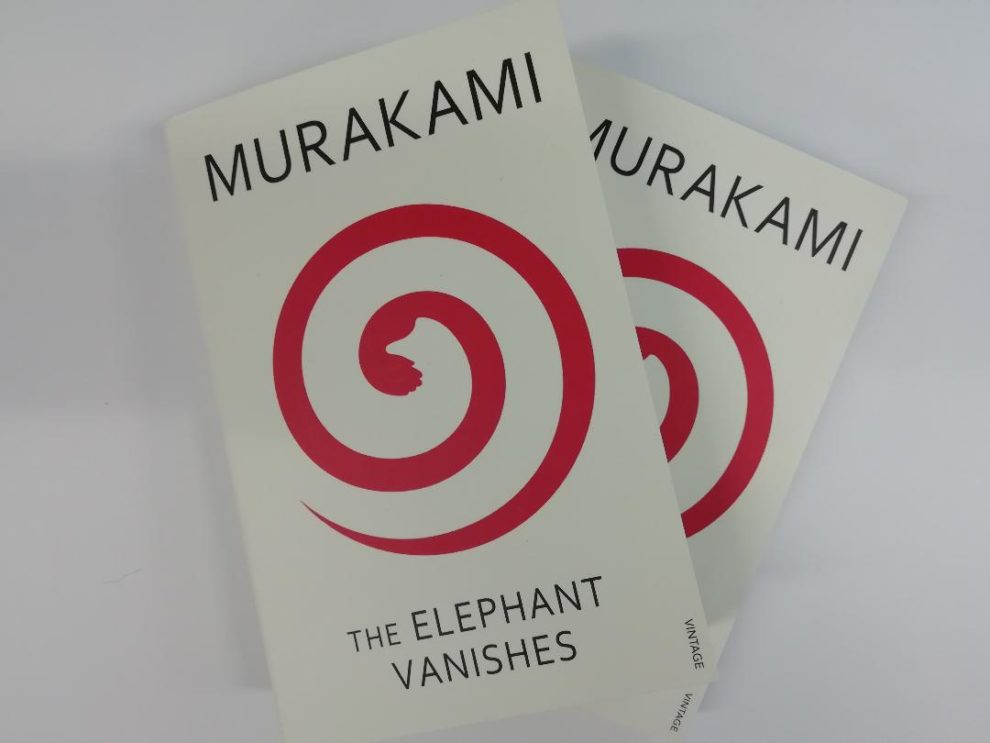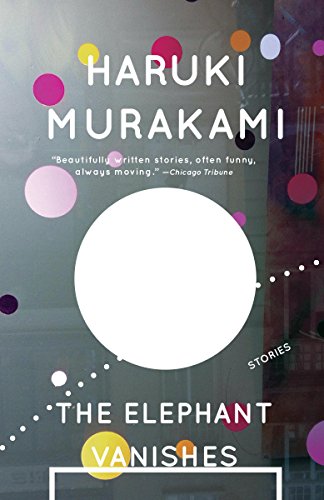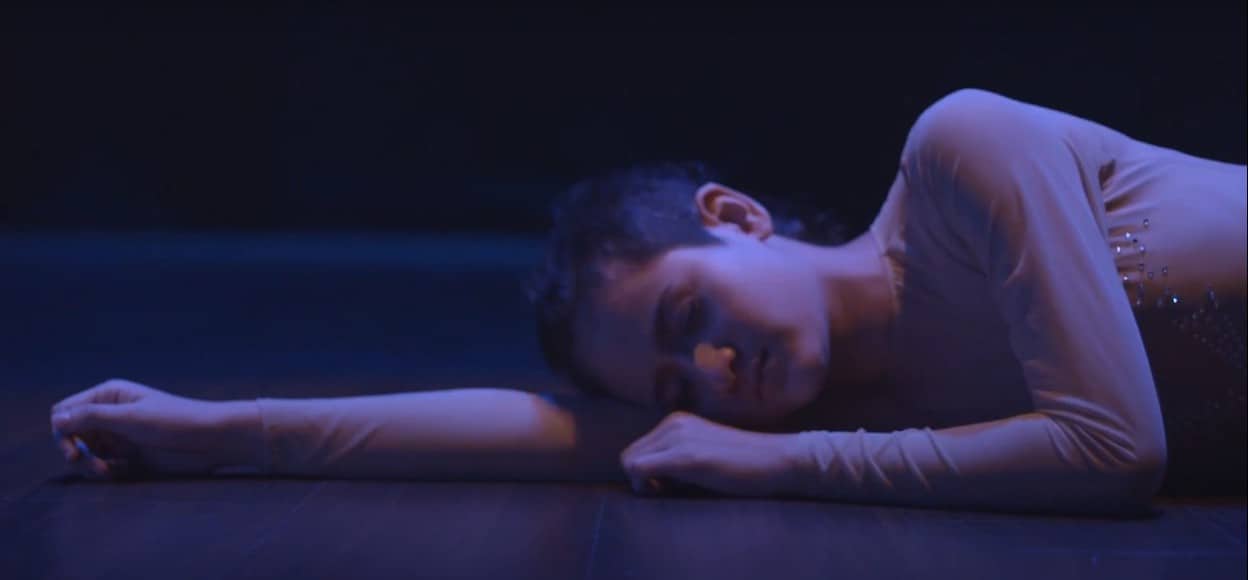Do you enjoy the art of the unexpectedness in writing? Well, I do and by reading Murakami's books for a while, I can say with a pinch of bitterness that I have almost mastered the ability of predicting the “goin' ons” of the next page quite often. This needed unexpectedness is served nicely in a story collection like “The Elephant Vanishes”, which contains 17 short tales of either realism or surrealism published in Playboy, The New Yorker, and other magazines between 1980- 1991. Paradoxically, the collection's first edition was released in English in 1993, followed by the Japanese release in 2005.
Buy This Title
To work out the riddle of the Elephant, we must pinpoint a few things that differentiate this collection from his more ambitious projects. First and foremost, the flow of the words is different. The absence of the famous Murakami rhythm is present. It seems that the writer didn't bother much to align his lines as he always does. A reasonable choice, as we're talking about a casual stream of thoughts that doesn't require neither the time, neither the energy to be excellent. Therefore, the problem that occurs is that the narration in some stories is more of a rant than enjoyable. On the other hand, the reason of the popularity of the book is obvious. Murakami finds himself in an inside track where he can present a variety of ideas and concepts without the pressure of a much-needed potential plot that could fit in a full-sized story.
Thematically, it is still a Murakami book, but given the fact that the content from times to times is cruel and bold the reading is both satisfactory and repulsive.
The first story in the series is – of course – “The Wind-up Bird and Tuesday's Women” a little extract from “The Wind-up Bird Chronicle” presenting a concerned couple looking for the wife's cat. As I said before, the meanings here are “heavier”, since the story finishes early before an ultimate solution is given to the couple. We stay to watch their relationship deteriorate.

To cleverly lighten the atmosphere the second segment of the book is the humorous “The Second Bakery Attack”. In order for a curse to come full circle, a charming couple of newlyweds decide to rob a McDonald's restaurant late at night in Tokyo disguised in ski equipment. There's a symbolic association between the new couple and a boat sailing in the sea. I'll let you figure it out.
Later in the book, i couldn't help but notice “Barn Burning” a story about obsessive thoughts and other maladies of the mind. A man becomes obsessed with the idea of barn burning when he meets the boyfriend of his previous girlfriend who declares to be an arsonist that burns barns cautiously selected every time.The 2018 critically acclaimed Korean movie “Burning” (a film that thoroughly communicates to the viewer the majority of the concepts Murakami uses in his work) is based on this story.
Another story is the one named “Family affair”, about a brother and a sister co-living in an apartment, where the sister is branded with the role of a mother-sister-wife while the brother is a passionate bachelor with no intention of leaving home or having a steady girlfriend. A narration of an unhealthy relationship, culminating with the arrival of the sister's fiancé. If you read behind the lines, apart from the social comment about seriously attached families, lies a deeply dramatic and gloomy story, equivalent to McQueen's movie “Shame” or Ian McEwan's novel “The Cement Garden”.
Then there's the purely symbolic “The Little Green Monster”, a heartbreaking story of how a man's unrequited love can turn him into the shadow of his own shelf. Murakami experiments with the ero-guro genre in “The Dancing Dwarf” and things get exciting – the hero gets to kiss a maggot-filled girl- in this nightmarish, grotesque tale that imitates traditional bizarre legends about pacts among humans and evil dwarfs.
“The Elephant Vanishes” is this kind of book that takes time and discussion to be analyzed. Ι thought that if a company of people read it concurrently, they'll have a lot to talk about and explore as the presented painful issues are difficult to digest. There's a story, though, the most belletristic of them all, named simply ‘'Sleep''. Unusually, the protagonist and narrator is a woman, a housewife, married to a doctor recently enriched. The woman is unable to sleep and as she deters sleep, the sentimental gap between her and her family becomes wider and wider. In the early hours, without anyone noticing, she studies the classic literature she once loved before her marriage. While she still takes care of her family in daytime, her heart and mind are devoted to her books, the same way a woman is devoted to her secret lover. A kind of Madam Bovary someone would say, except than being engaged to affairs, the woman is engaged in reading. Murakami himself is known to love the classic, that's why his heroine obsessively reads “Anna Karenina”. Through the thoughts of the woman about the book, Murakami finds the chance to artfully makes us aware of what he thinks about it.
You never know what happens in someone's mind. We wake up. We work. We are having dinner. We hug and kiss each other before we fall asleep and still, we think and we obsess and the person standing next to us doesn't have a clue. And we better leave it this way, because once a guy took the courage to talk to his date about the absurd vanishing of an elephant, he never saw her again.
















